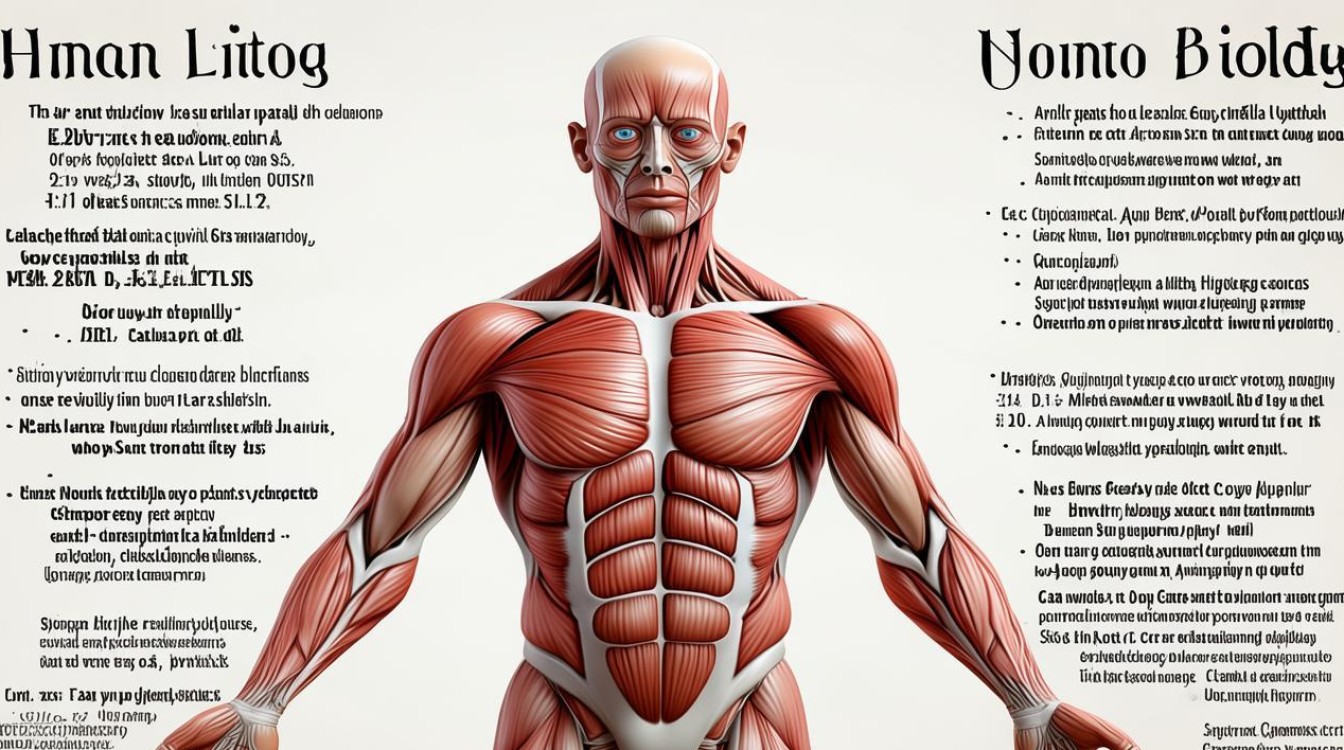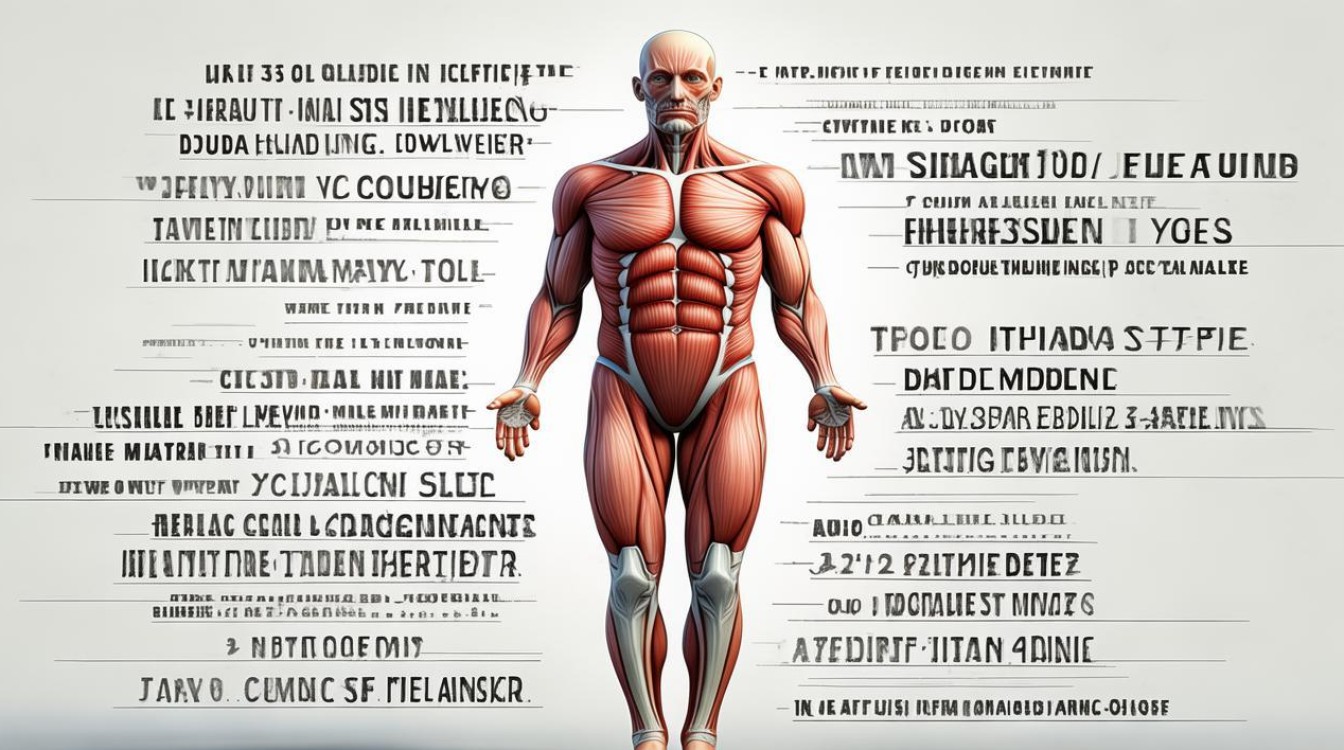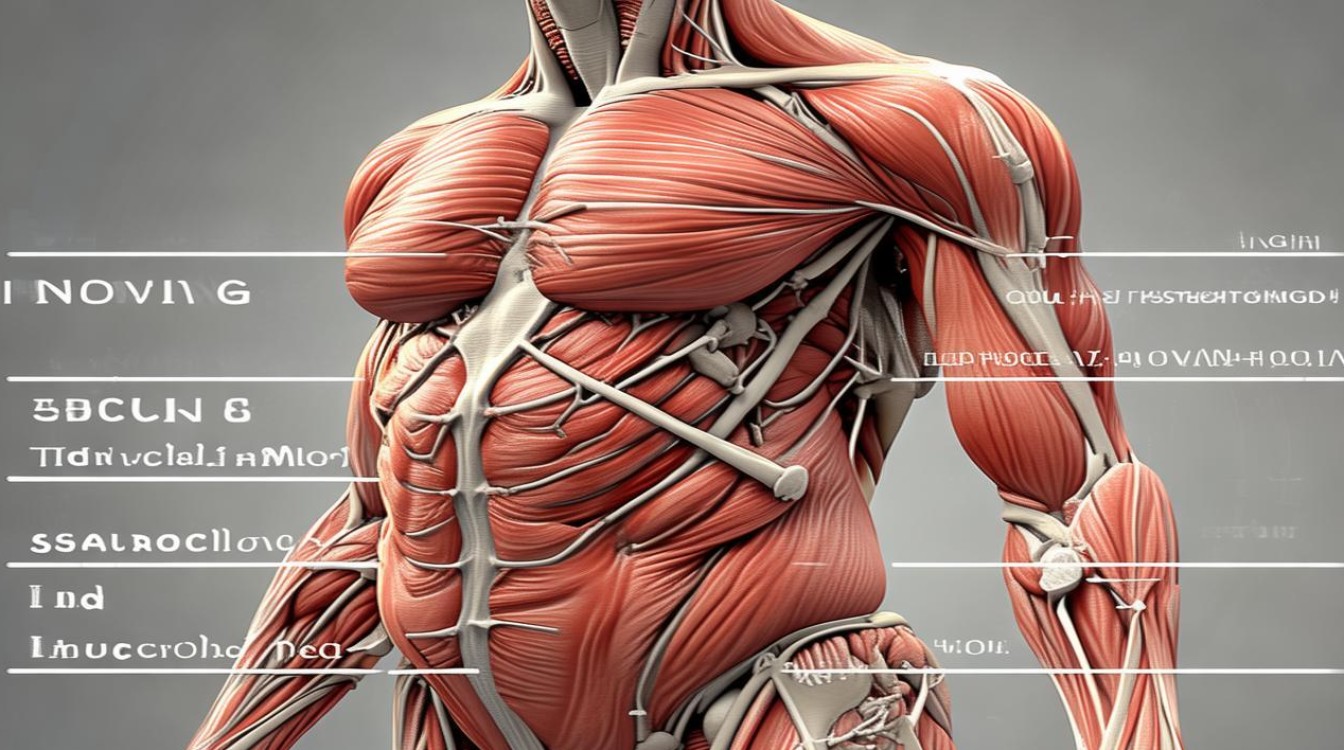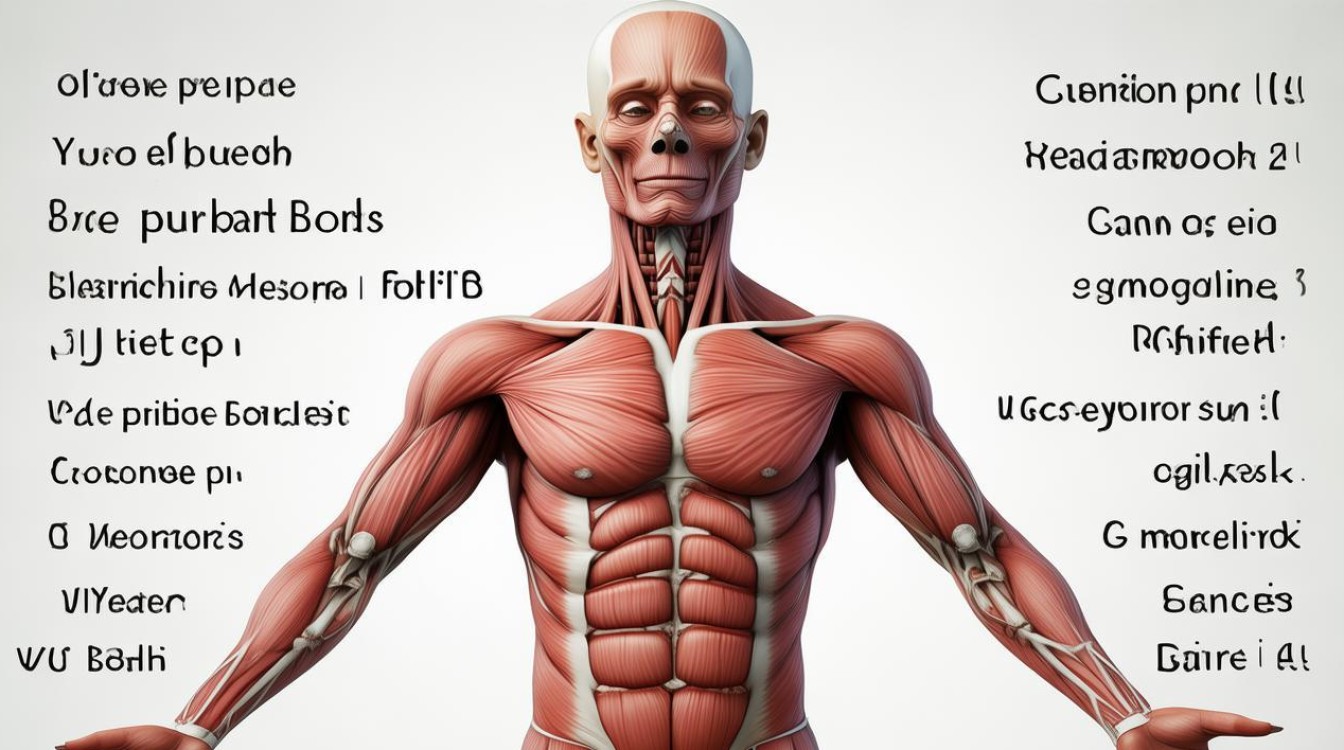Understanding the English terms for human anatomy is valuable for students, travelers, and anyone interested in health or language learning. This guide covers key vocabulary, organized by body systems, to help you communicate clearly about the human body.

External Body Parts
The most visible parts of the body include:
- Head: The top part containing the brain, eyes, ears, nose, and mouth.
- Forehead: The area above the eyes.
- Cheek: The soft area below the eyes.
- Chin: The lower part of the face.
- Neck: Connects the head to the shoulders.
- Shoulder: The joint connecting the arm to the torso.
- Chest: The front upper body, protected by ribs.
- Arm: Includes the upper arm, elbow, forearm, wrist, and hand.
- Fingers: Thumb, index finger, middle finger, ring finger, and pinky.
- Leg: Consists of the thigh, knee, calf, ankle, and foot.
- Toes: The digits on the foot, including the big toe.
Internal Organs
The body’s internal systems rely on organs working together:
- Brain: Controls thoughts, memory, and movement.
- Heart: Pumps blood throughout the body.
- Lungs: Responsible for breathing and oxygen exchange.
- Liver: Processes nutrients and filters toxins.
- Stomach: Breaks down food using acids.
- Kidneys: Filter waste from blood to produce urine.
- Intestines: Small intestine absorbs nutrients; large intestine processes waste.
- Pancreas: Regulates blood sugar with insulin.
- Bladder: Stores urine before excretion.
Skeletal System
Bones provide structure and protect organs:
- Skull: Protects the brain.
- Spine (Vertebrae): Supports the back and encases the spinal cord.
- Ribs: Shield the heart and lungs.
- Pelvis: Connects the spine to the legs.
- Femur: The longest bone in the body (thigh bone).
- Tibia & Fibula: The two bones in the lower leg.
Muscular System
Muscles enable movement and stability:

- Biceps: Front upper arm muscles.
- Triceps: Back upper arm muscles.
- Quadriceps: Front thigh muscles.
- Hamstrings: Back thigh muscles.
- Abdominals (Abs): Core stomach muscles.
- Deltoids: Shoulder muscles.
Nervous System
This system sends signals throughout the body:
- Nerves: Transmit messages between the brain and body.
- Spinal Cord: Connects the brain to the nervous system.
- Neurons: Cells that process and send information.
Circulatory System
Blood vessels and the heart distribute oxygen:
- Arteries: Carry oxygen-rich blood from the heart.
- Veins: Return oxygen-poor blood to the heart.
- Capillaries: Tiny vessels connecting arteries and veins.
Respiratory System
This system handles breathing:
- Trachea (Windpipe): Carries air to the lungs.
- Bronchi: Tubes branching into the lungs.
- Diaphragm: Muscle aiding inhalation and exhalation.
Digestive System
Processes food for energy:

- Esophagus: Transports food to the stomach.
- Gallbladder: Stores bile for digestion.
- Appendix: A small pouch with unclear function.
Reproductive System
Different in males and females:
- Male: Testes produce sperm; penis is the external organ.
- Female: Ovaries release eggs; uterus supports fetal development.
Common Medical Terms
Useful for health discussions:
- Pain: Discomfort (e.g., headache, stomachache).
- Fracture: A broken bone.
- Infection: Caused by bacteria or viruses.
- Allergy: An immune system overreaction.
Learning these terms enhances communication in medical, fitness, or daily conversations. Whether studying biology, traveling, or discussing health, a strong vocabulary ensures clarity.
Mastering body-related English words is a step toward better language skills and health awareness. Practice using them in sentences to improve fluency and confidence.



